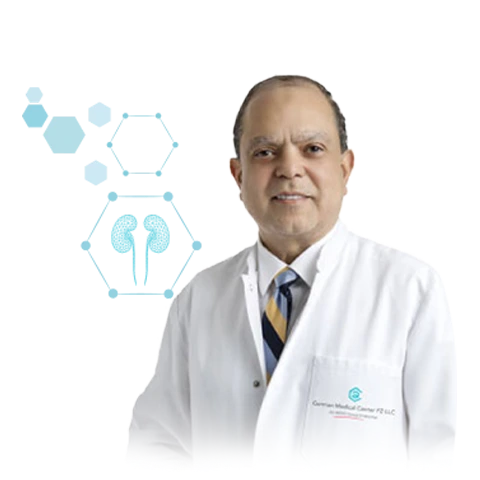
Dr. Ashraf Kamel
Urology & Andrology
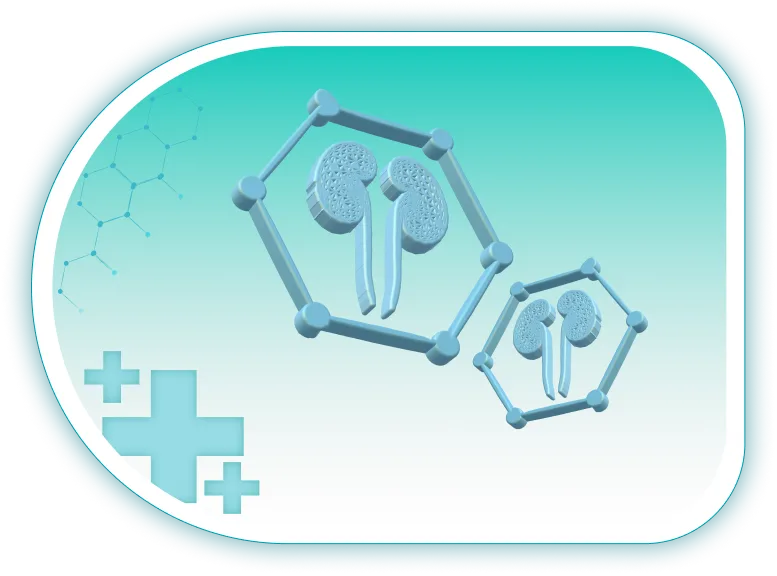




Experiencing sharp pain, blood in urine, or frequent infections? Don’t let kidney stones disrupt your life! At German Medical Center, our expert urologists provide advanced, minimally invasive treatments for fast relief and long-term prevention. With state-of-the-art diagnostics and personalized care, we help you eliminate kidney stones safely and effectively.
Book your consultation now and take the first step toward pain-free living!
By booking an appointment with German Medical Center.
Our team of experts are passionate about providing only the best quality care and treatment to their patients.

Urology & Andrology
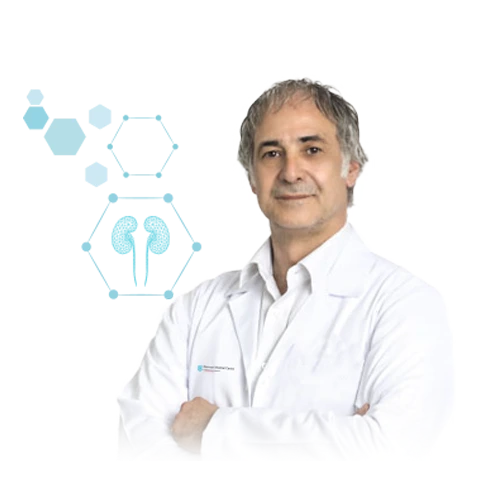
Urology & Andrology
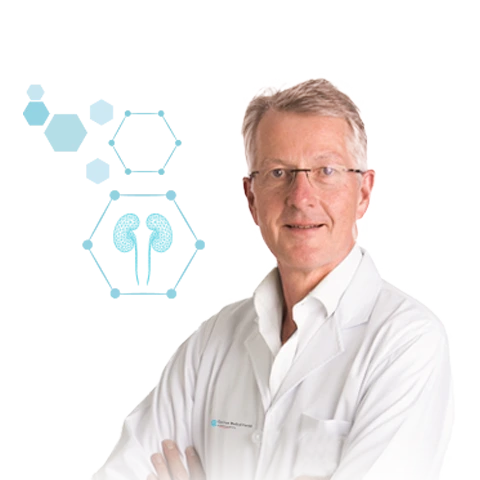
Urology & Andrology
Kidney stones are hard mineral deposits that form in the kidneys and can cause significant pain and discomfort if they become trapped in the urinary tract. Kidney stone symptoms can vary depending on the size, location, and type of stone. Here are some of the most common symptoms of kidney stones:
Urinary tract stones, including kidney stones causes, can vary, but they typically occur when certain substances in the urine become concentrated and form solid deposits. Some common causes of urinary tract stones include:
Kidney stones can be a painful and uncomfortable condition, but there are several effective treatment options available. Depending on the size, location, and type of stone, as well as the severity of symptoms, treatment options may include:
At the German Medical Center, our experienced urologists specialize in diagnosing and treating kidney stones, and we offer a range of treatment options to meet the needs of our patients. Whether you require kidney stone surgery, kidney stone removal, large kidney stone surgery, or surgery for renal calculi, we can work with you to develop a personalized treatment plan to relieve your symptoms and prevent further complications.
When it comes to diagnosing kidney stones, there are several clinical indicators that can suggest their presence. Typically, kidney stones are suspected when a person presents with symptoms of renal colic, such as severe pain in the back and groin area. However, other symptoms such as tenderness in the back and groin or pain in the genital area without an obvious cause could also indicate urinary stones.
While detecting blood in the urine can support the diagnosis, not all stones cause this symptom. That’s why diagnostic imaging tools such as X-rays and ultrasounds are often used to detect the presence of urinary stones. X-rays are particularly useful in detecting calcium-containing stones, while ultrasounds can provide valuable information about the size and location of the stones.
Laboratory blood and urine tests are also useful in detecting abnormal substances that may promote stone formation, such as high levels of uric acid. Additionally, non-enhanced Computed Tomography (CT) spiral scans have become the imaging modality of choice for diagnosing urinary stones. CT scans can locate the stone and indicate the degree to which it is blocking the urinary tract.
It’s worth noting that not all kidney stones cause symptoms. Sometimes, they are found accidentally during a routine checkup or an assessment for another medical condition.
At the German Medical Center, our expert urologists use advanced diagnostic techniques to accurately diagnose kidney stones. With a comprehensive diagnostic approach, we can develop a personalized treatment plan to effectively manage your kidney stones and prevent future occurrences.
It is common for urinary stones to recur, which is why patients who have experienced them should be advised to adopt specific lifestyle measures to prevent or delay their recurrence. One of the most crucial recommendations is to stay well-hydrated by drinking plenty of water.
Our Urology Clinic in Dubai provides the best urology treatment in the area, ensuring that patients receive top-notch care for their urological conditions, both in Dubai and for those seeking urology treatment near them.
No results found.
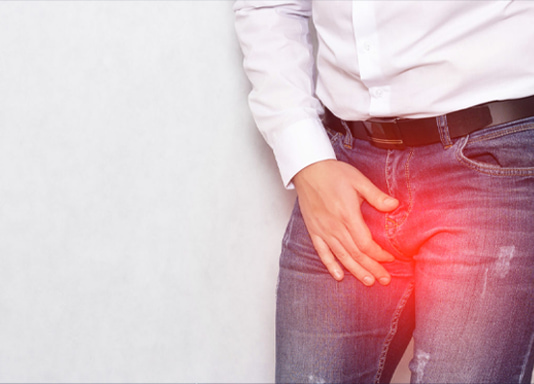
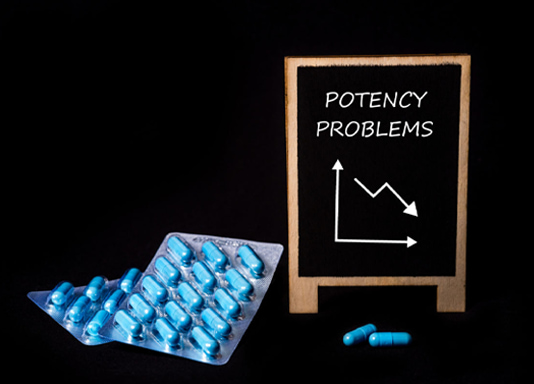
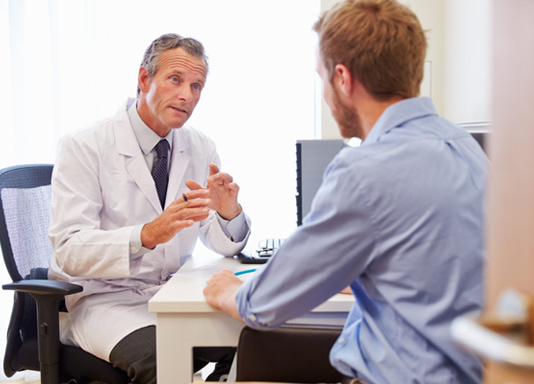

Partner with:
Partner with:


German Medical Center is one of the leading medical institution in Dubai formed by a group of specialists who are passionate about providing the personalized care tailored to the patient's unique needs.
Fill out our easy online form to book an appointment with German Medical Center. Our team of experts is dedicated to providing you with personalized care and guidance every step of the way. Don't wait, take charge of your well-being and schedule your appointment now!